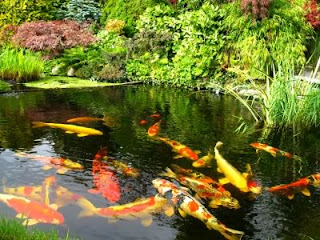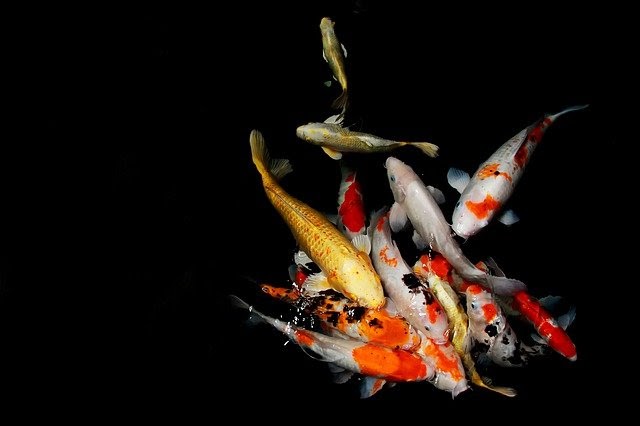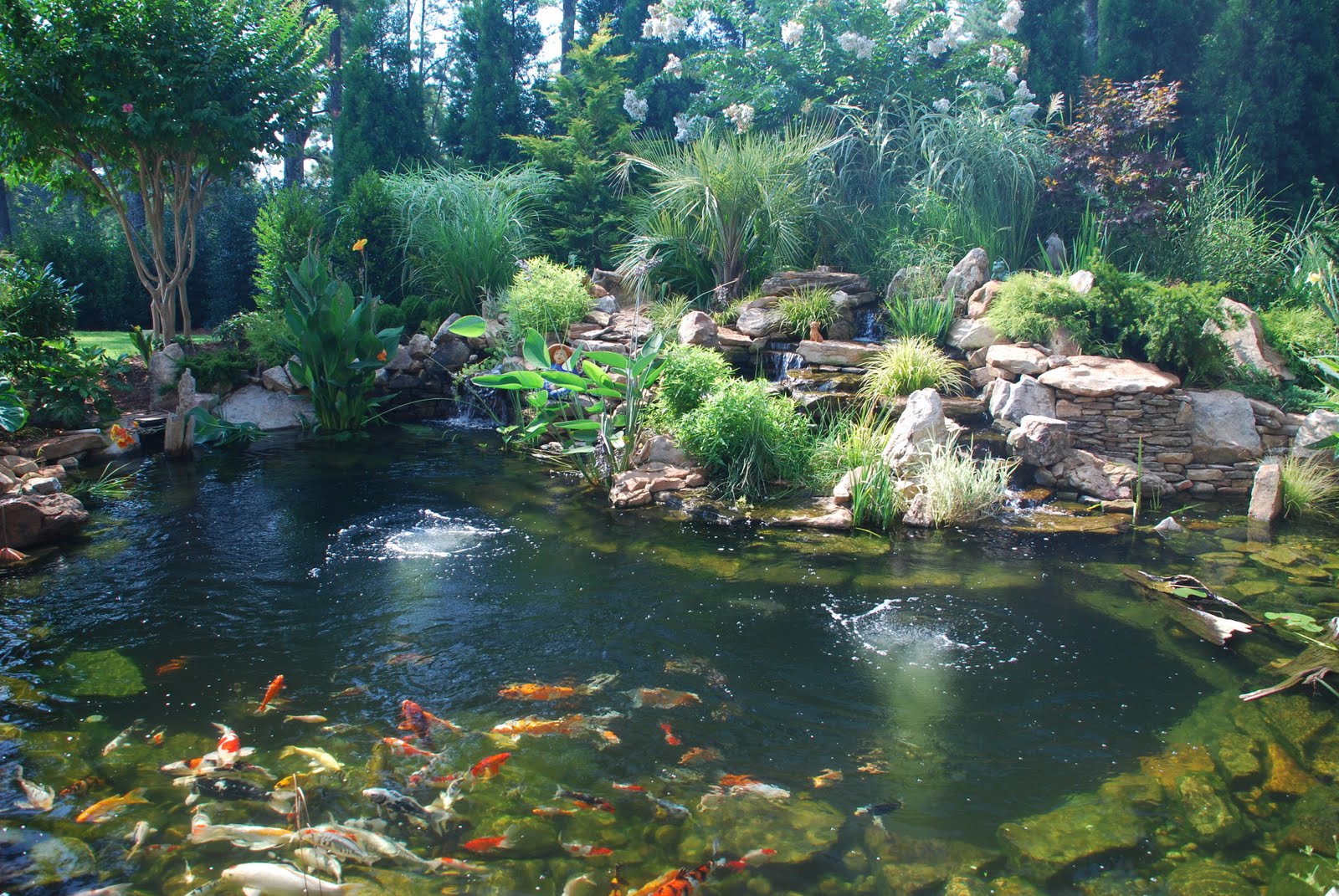
10 Effective Treatment Options for Koi Pond Fish
Introduction
Koi pond fish are a popular choice for many fish enthusiasts, but more often than not, these beautiful fish tend to fall sick and get infected with viruses and parasites, causing a worrisome situation for fish owners. However, with proper care and understanding, most of these diseases can be treated and prevented from happening again. In this article, we will discuss some effective treatments for koi pond fish.
1. Quarantine the Sick Fish
The first step to treating a sick koi pond fish is to quarantine it. This separates the infected fish from the rest and prevents the disease from spreading. Quarantine can be done in a separate tank or pond, preferably small and isolated.

2. Observe the Symptoms
Observing symptoms is crucial in the treatment process. Different diseases exhibit different symptoms, so it’s important to observe and note them for easy identification of the problem. Symptoms may include loss of appetite, unusual swimming patterns, or color changes.
3. Conduct Water Tests
Conducting water tests is essential for maintaining pond health. Testing for pH, nitrite, nitrate, and ammonia levels helps to identify any underlying water quality issues that can cause stress and disease in fish. Ensure that the pond water remains clean and clear, or use a filter, to keep the water conditions optimal.

4. Use Salt Treatment
Salt treatment is an effective way to treat many bacterial and parasitic infections in koi pond fish. The salt helps to kill parasites and other harmful bacteria, while also improving the fish’s slime coat, making it harder for pathogens to penetrate the fish’s skin.

5. Use Antibiotics
Antibiotics are used to treat bacterial infections in koi pond fish. However, it’s important to consult with a veterinarian or a fish expert before administering any antibiotics, as some can disrupt the pond’s ecosystem and the fish’s natural microbiome. Also, antibiotics should be used with caution as overuse can lead to antibiotic resistance.
6. Use Formalin Treatment
Formalin treatment is a potent solution used to treat parasites, fungal infections, and bacterial infections. The solution is applied directly to the pond, and the fish are allowed to swim through it. Formalin should only be used under the guidance of a fish expert and should be used with caution, as overuse can cause harm to the fish and the pond.
7. Use Potassium Permanganate
Potassium permanganate is a strong oxidizing agent that can treat most bacterial and fungal infections in koi pond fish. However, it should be used with caution, as overuse can cause harm to the fish and pond ecosystem. It’s recommended to seek advice from a fish expert before administering potassium permanganate treatment.
8. Improve Fish Diet
A good diet is crucial to maintaining the overall health of koi pond fish. A well-balanced diet that consists of high-quality food can prevent diseases, especially malnutrition. Adding supplements, such as vitamins and minerals, to the fish’s diet can also boost their immune system and help fight infections.
9. Use Ultraviolet Sterilizers
Ultraviolet sterilizers are useful in treating many infections in koi pond fish, especially when used in combination with other treatments. The sterilizers work by exposing the pond water to UV light, effectively killing most pathogens, including parasites and harmful bacteria. Adding an ultraviolet sterilizer to your pond filtration system is a great way to prevent infections and maintain good pond health.

10. Preventive Care
Preventive care is the best way to avoid infections and diseases in koi pond fish. Proper pond maintenance, including regular water changes and cleaning, is essential. Keeping the pond free of debris, avoiding overfeeding the fish, and monitoring pH, nitrite, and nitrate levels are also essential. A healthy pond environment is less likely to experience diseases or infections.
Conclusion
Koi pond fish are beautiful and fascinating creatures that require proper care and attention. Understanding the different diseases that affect these fish and implementing effective treatments can help keep them healthy and disease-free. Consult with a fish expert or veterinarian for the best treatment options for your koi pond fish.